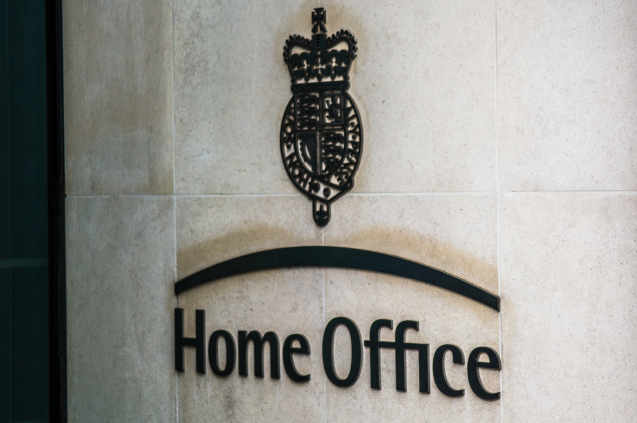It has been a busy month in immigration. See our previous blogs which dealt with the increase in visa and immigration fees here and the latest changes to the immigration rules here.
What is the Irish resident exemption?
The ETA scheme, which we covered previously here, is a new scheme which will mean non-visa nationals must obtain authorization to travel to the UK in advance. Currently, non-visa nationals (which includes EU nationals) can travel to and enter the UK as visitors without needing to apply for and obtain a visitor visa. The requirements for travelling to the UK will change from October 2023 and there will be a gradual rollout of the ETA scheme for all non-visa nationals, starting with Qatar.
Ireland is part of the EU, but it is treated slightly differently. For example, Irish nationals do not need to get immigration permission under the EU Settlement Scheme to continue living and working here following Brexit, and they continue to have unrestricted access to work in the UK under the Common Travel Area.
Quite rightly, the ETA scheme therefore will not apply to people lawfully resident in Ireland who are travelling to the UK from within the Common Travel Area. Such people will continue to be able to come to the UK without needing any form of visa, permission, or authorisation (except in very limited circumstances, such as when they are subject to a deportation order or have previously been refused permission to enter the UK).
Does it apply regardless of where the person is travelling from?
No. It only applies to people lawfully resident in Ireland who are travelling within the Common Travel Area. Anyone who is travelling to the UK from outside the Common Travel Area (regardless of whether they are an Irish national, resident in Ireland or not) would need to obtain an ETA.
How do people prove they are lawfully resident in Ireland?
The guidance gives the following examples of documents that can be used when travelling to the UK to show that the holder is lawfully resident in Ireland:
- Permanent Residence Certificate
- European Health Insurance Card
- Irish driving licence
- Irish learner permit
- Medical card
- GP visit card
- National Age card
- Irish Residence Permit
Documents should be current and not damaged, otherwise, they may not be accepted. The guidance gives more detail on each of the documents listed above, including who the document should be issued by in order for it to be accepted.
The guidance refers to these as ‘examples’, suggesting other documents may also be accepted. However, it is likely that any document will need to be issued by the Irish authorities to be accepted.
The guidance also says that if someone shows up at the border without any documents, it is unlikely the Home Office officials will be satisfied that the person is lawfully resident in Ireland (however they will be required to take all information into account before refusing entry).
What should employers do now?
We don’t know when the ETA requirement will come into place for EU nationals (and therefore when those lawfully resident in Ireland will have to produce evidence of their lawful residence in order to be allowed to travel to the UK without an ETA). However, we do know that it will be in place by the end of 2024.
Employers should therefore use the next 18 months to familiarize themselves with the ETA scheme and the Irish resident exemption and make sure that anyone coming to visit them in the UK knows when they need to apply for an ETA, or if exempt, what they need to bring with them when they travel.
This is particularly important for multinational businesses that have offices in the UK, or employees based overseas.
For more information, please get in touch with our team of immigration experts.




